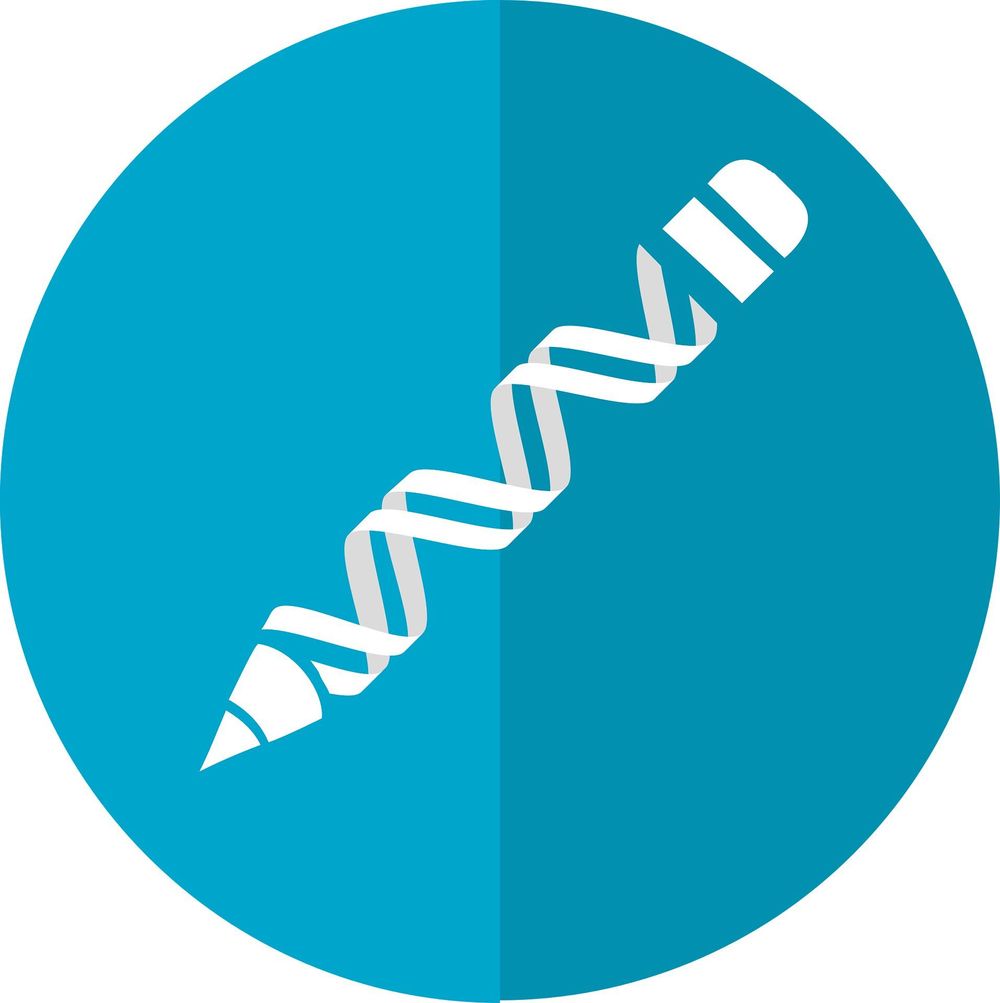In biotech these days, CRISPR/Cas9 is a hot topic, because of its utility as a precise gene editing tool. Before humans repurposed it, CRISPR/Cas9 was a sort of internal immune system bacteria use to defend themselves against phages, or viruses that infect bacteria, by slicing up the phages’ DNA.
Scientists at Emory University School of Medicine and the Max Planck Unit for the Science of Pathogens have found that the “scissors” component of CRISPR/Cas9 sometimes gets stuck.
Cas9, an enzyme that cuts DNA, can also block gene activity without doing any cutting. In the pathogenic bacterium Francisella novicida, Cas9 regulates genes that need to be shut off for the bacteria to cause disease.
